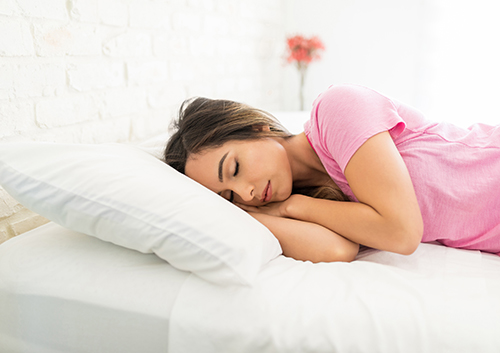Things You Should Know Before Getting an Oral Piercing
May 28th, 2024

Have you been thinking about getting an oral piercing lately? It could seem enticing because they look trendy or cool, but it’s worth know the health risks associated with oral piercing. Even if you already have one, you may learn a few things you didn’t know.
The human mouth contains millions of bacteria. Even without piercings, it’s not uncommon for people to develop an infection every once in a while. By adding an oral piercing, you increase your likelihood of getting an infection.
Many people who have piercings tend to develop the habit of touching them regularly, which is the like opening a door and yelling, “Welcome home, infections!” And because these piercings are in your mouth, particles of all the food that comes through can accumulate and eventually cause a pretty serious health situation.
It’s hard to ignore the presence of an oral piercing, so biting or playing with the site is fairly common. Doing so can lead to teeth fractures, however. While a fracture might be on the enamel of a tooth and require a simple filling, it can also go deeper, which could entail a root canal or even tooth extraction.
Other risks include hindering your ability to talk and eat, nerve damage, gum damage, and even loss of taste.
If you’re still determined to get an oral piercing, at least be aware of the time it will take to heal. It can take anywhere from four to six weeks, and can cause great discomfort during that time. Be willing to give it that time in order to lower your chances of infection.
Make sure you understand that getting an oral piercing will involve adding further responsibility to your daily dental health duties. It’s essential that you commit to regular upkeep on your end, and not just while it’s healing.






